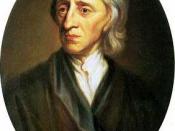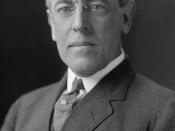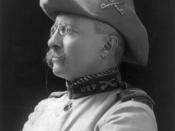In his article "The Liberal Spirit in America", Peter Berkowitz discusses the factors that have contributed to the triumph of Liberalism in the United States. The core of his thesis is that in order for Liberalism to be successful it was necessary to reconcile the two often contradictory traditions of the theory in its application as a state ideology, specifically, the twin concerns of individual liberty and social justice. These traditions were reconciled, according to Berkowitz through the development of a sort of 'Progressive Liberalism' that in many respects, diverged from Classical Liberalism in many key tenets (Berkowitz, 2003: 27-47). In light of this apparent divergence from Classical Liberal theory, can American Liberalism today, as informed by Progressive Liberalism, really be regarded as Liberal, or has it strayed so far that its only resemblance is etymological? This essay will endeavour to answer this question by focussing on the emergence of Progressive Liberalism, and examining whether attempts to reconcile its conflicting traditions in fact morphed Liberalism in America into something largely unrecognisable as Liberalism in the Classical sense.
The post Civil War era, or the 'Gilded Age' as Mark Twain famously dubbed it, was a time of unprecedented social change. Like Western Europe before them, the US was facing the dynamism of industrialisation and subsequent urbanisation, unlike the European experience of the mid to late 19th century however, the US had to quite literally reunite its nation after the disastrous schism of the Civil War. Moreover, American cities were also being filled with an influx of immigrants from a wide range of national, religious and linguistic backgrounds, fundamentally altering the composition of American society, as homogenous rural communities were replaced by heterogenous urban communities as the centres of social, economic and political power. American society was in short, confronted with...


